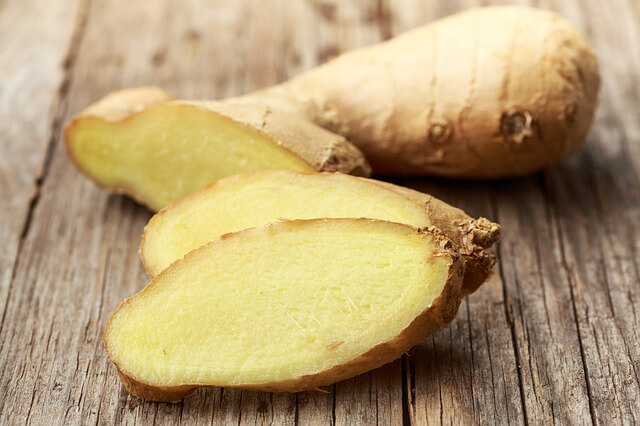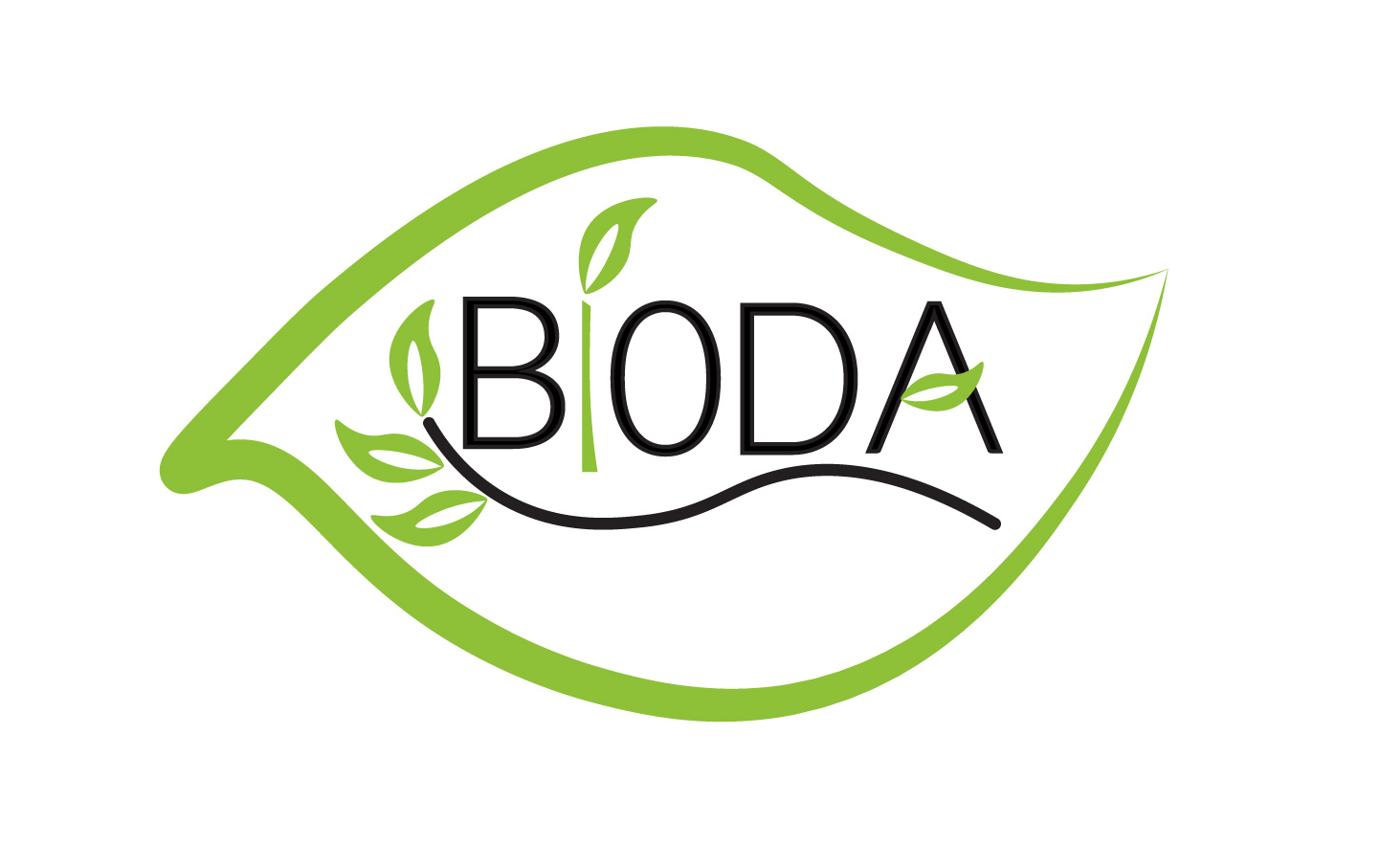Ginger

Ginger /Zingiber Officinale/
Ginger, also called isiot or ginger, was originally grown in China and is now distributed evenly around the world.
It spreads in Europe in the 13th century thanks to Marco Polo. It’s fame as an aphrodisiac is enviable.
The botanical name of the plant is thought to derive from its Sanskrit name singabera, meaning “horn”, a physical characteristic that reflects ginger.
Fresh ginger has a sharp pungent taste with the aroma of lemon. Spicy, spicy ginger root is one of the popular herbal roots with culinary as well as medicinal significance.
Ginger /Zingiber officinale/ is a herbaceous perennial plant. It prefers clayey, well-drained, or alluvial fertile soils and likes the addition of well-rotted manure or compost. It is intolerable to excessive moisture.
The part that is used as a spice for the plant is the rhizomes or root of ginger.
Chemical composition:
Vitamins:thiamine (B1), riboflavin (B2), niacin (B3) pantothenic acid (B5), pyridoxine (B6), folic acid (B9), ascorbic acid (vitamin C).
Minerals: calcium, magnesium, iron, manganese, phosphorus, potassium, sodium, zinc.

Ginger root can bring prosperity and luck to your home
Health benefits of ginger
Ginger, believed to originate in the foothills of the Himalayas in northern India, is a sharp and spicy spice that is used all over the world for its nutritional value. It is the engine of several important nutrients and compounds present in ginger, proven to control allergic symptoms as well as many other health problems without any side effects. Here are some popular health benefits of using ginger:
-
Helps fight infections
Fresh ginger consists of Gingerol, a bioactive substance that can help reduce the risk of infections. Ginger extract can prevent the growth of many different types of bacteria. It is extremely effective against oral bacteria associated with inflammatory gum disease, such as gingivitis and periodontitis. Fresh ginger can be effective against the RSV virus, a common cause of respiratory infections.
-
Reduces muscle pain and soreness
Muscle pain can be easily cured with regular use of ginger. Studies show that consuming 2 grams of ginger a day reduces muscle pain. However, ginger does not have an immediate effect, but it can be effective in reducing the daily progression of muscle pain.
-
Useful in osteoarthritis
Osteoarthritis is one of the most common medical conditions in which bones become stiff and brittle from tissue loss, usually as a result of hormonal changes or a lack of calcium or vitamin D. Studies in people with osteoarthritis of the knee have found that frequent use of Ginger extract significantly reduces pain compared to those who do not take them often.
-
Helps treat chronic digestive problems
Recurrent pain and discomfort in the upper stomach is usually described as dyspepsia (indigestion). Improper gastric emptying is the main cause of indigestion. Remarkably, ginger is useful for speeding up gastric emptying in people with this disorder. After consuming ginger, the time required for the stomach to empty is reduced.
-
Reduces menstrual pain
Dysmenorrhea or menstrual pain usually refers to pain experienced throughout a woman’s menstrual cycle. Ginger is traditionally used to relieve such pain during the menstrual cycle. Research recommends taking about 1 gram of ginger powder per day during the first 3 days of the menstrual period. Ginger helps control pain as effectively as ibuprofen and mefenamic acid.
-
Lower cholesterol levels
High levels of LDL lipoproteins (“bad” cholesterol) are associated with an increased risk of heart disease. The foods we eat have a strong effect on LDL levels. Studies show that regular consumption of 3 grams of ginger powder significantly reduces most cholesterol markers.
Both studies also showed a reduction in total cholesterol and triglycerides in the blood.
-
Prevents cancer
Cancer is one of the very serious diseases that are described by the uncontrolled growth of abnormal cells. Ginger extract is considered an alternative use for many forms of cancer. 6-gingerol is one of the essential substances that are found in huge quantities in raw ginger and has anti-cancer properties.
Studies have found that about 2 grams of ginger extract per day significantly reduces pro-inflammatory signaling molecules in the colon.
-
Protects against Alzheimer’s disease
Oxidative stress and chronic inflammation can accelerate the aging process. They are thought to be one of the important causes of Alzheimer’s disease and age-related cognitive decline.
Some studies have shown that antioxidants, as well as bioactive compounds present in ginger, can help prevent inflammatory reactions that occur in the brain. However, there is some evidence to suggest that ginger can effectively improve brain function.
There are several studies that show that ginger can prevent age-related decline in brain function.
-
Treats morning sickness
Ginger is very effective against nausea. It is used as a seasickness medicine and there is some evidence that it can be as effective as prescription medicines. However, it is most effective in pregnancy-related nausea, such as morning sickness.



Today, ginger is widely grown around the world as a major commercial spice.
